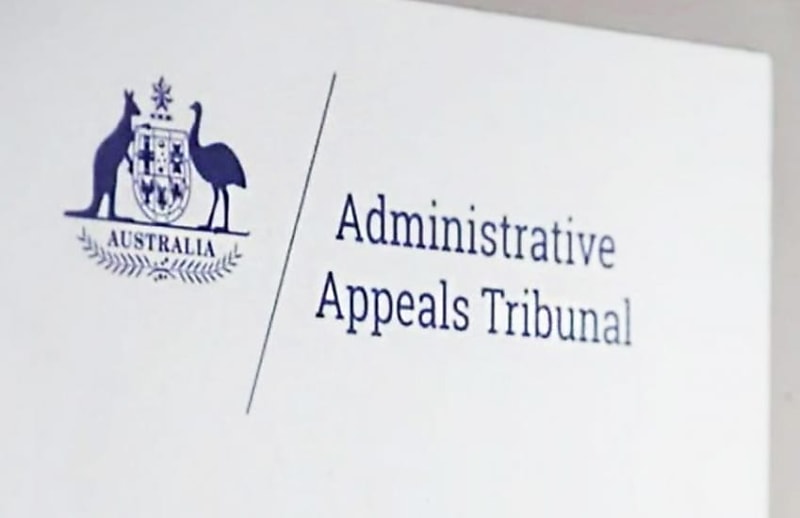Accountant denied TPB registration over supervision concerns
RegulationWork experience requirements are essential for tax agent registration and to maintain public trust in the profession, the AAT has ruled.

A Queensland practitioner’s bid to become a tax agent has been rejected by the AAT after failing to show he was subject to adequate "supervision and control" from another agent as part of his work experience.
In a judgment this week, the AAT sided with the TPB's decision to deny Quansheng Dou’s May 2023 registration application.
Senior member Diana Benk said that the registration of an individual as a tax agent was “significant” but Dou’s evidence of his work experience was unpersuasive and inconsistent.
“End users and the public in general should be able to trust that an individual registered by the board has the degree of experience and the core competencies required to meet the complexities of our taxation system,” Benk said.
Under the Tax Agent Services Regulations 2022, prospective tax agents must show they are a “fit and proper person”.
If an applicant meets tertiary education requirements, the regulations require them to show evidence of at least one year of full-time relevant experience (or part-time equivalent) in the last five years under the “supervision and control” of a registered tax agent.
Dou had worked as an accountant at Twin Cities Tax & Accounting, a small Queensland-based practice for several years.
He argued he had adequate supervision from his employer, Malcolm Howarth, describing a work environment where Howarth was “always staying beside me”, providing daily mentoring, allocating work and frequently reviewing drafts.
Dou also said that despite learning Howarth had prepared 46 returns incorrectly in FY2020–21, he argued the mistakes were isolated to that period and “the board had no cause to suspect that Mr Howarth was not competent to provide taxation services and supervision”.
But the AAT disputed Dou's claim, citing a 2016 ATO audit that found a tax shortfall of over $63,276 for nine returns Howarth prepared, and a FY2021–22 audit that found a shortfall of $259,935 for 54 returns.
It said the TPB had also terminated Howarth’s registration in 2022 from an ATO referral over concerns he was “systemically claimed deductions for clients which had no nexus to income”.
As a result, Howarth’s past errors put his ability to oversee Dou’s work in doubt.
“Mr Howarth suggested that he checked “each and every return” and the primary documents,” Benk said.
“Given Mr Howarth had his registration terminated because of shortcomings and inaccuracies in these areas, I have reservations about the evidence and find that I cannot place significant weight on it.”
Benk also took issue with Howarth’s testimony. Howarth gave evidence suggesting Dou needed little supervision due to his qualifications, contradicting Dou's account of rigorous oversight. Howarth suggested supervision occurred mainly when Dou "flagged" issues, falling short of the required "oversight and superintendence."
It was also insufficient to argue that the requirement was satisfied by “doing time” or attending work regularly in the presence of a registered agent in a tax practice.
“Presence and supervision are two distinct terms,” she said. “Overall, I find there is a paucity of evidence verifying the level of ‘supervision and control’ of the applicant.”
She said tax agent registration was “significant … in an increasingly complex and regulated landscape”.
“The ‘supervision and control’ which forms the cornerstone of registration must be demonstrated and established to an actual and persuasive level of satisfaction,” she said, adding the requirement could only be achieved if it was “legally and factually accurate, genuine, enforced with checks and balances and easily demonstrable/verifiable”.
“The requirement of supervision and control is not contingent on the size of the practice, but a mandatory requirement for all individuals seeking registration.”




